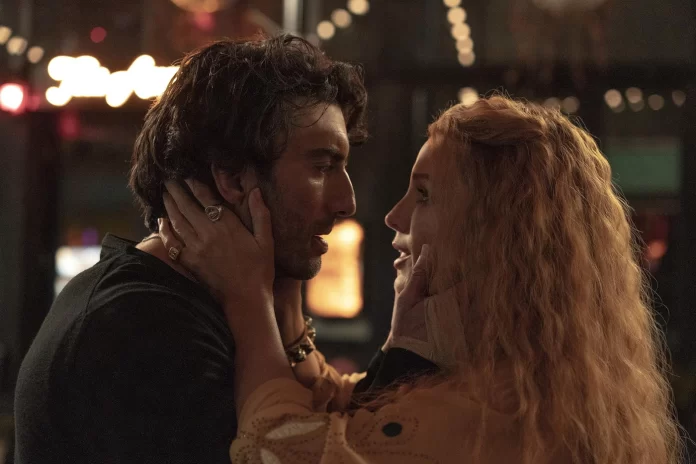
The film adaptation of Colleen Hoover’s bestselling novel, “It Ends With Us”, has brought considerable debate and controversy regarding its promotion. Fans of the book, which has been widely praised for its portrayal of difficult themes, are now struggling with the film's marketing strategies and their implications.
“It Ends With Us”, published in 2016, talks about domestic violence. The novel has been admired for its raw and emotional storytelling, reflecting Hoover’s commitment to spreading awareness on significant social issues. The book’s narrative, centered onLily Bloom, a young woman navigating an abusive relationship, has resonated deeply with readers and advocates alike. As noted by The New York Times, “Colleen Hoover's novel is a powerful exploration of domestic violence that offers an unflinching look at a subject too often brushed aside.”
However, the film adaptation's promotional approach has raised concerns among critics and fans. Key issues include the film’s emphasis on star power and aesthetics over the novel’s important themes. Even when the novel was first released, fans stressed that it was not a romance novel but rather an exploration of issues many women face. According to NPR, a fan stated, "You had an opportunity to turn this into a beautiful thing for women who suffer every day. Shame on you and your PR team for turning a blind eye."
Critics argue that the promotional materials for the film adaptation appear to prioritize glamour and celebrity focus rather than the serious and sensitive nature of the book's content. Early trailers and posters have been accused of focusing too heavily on romanticized imagery and a star-studded cast, including Blake Lively, potentially overshadowing the novel’s critical message about abuse.
The focus has seemingly been on the outfits, soundtrack and the actors, rather than providing support or information on the subject matter addressed in the novel. In a recent interview, Justin Baldoni, who plays a key role in the film, emphasized the importance of addressing domestic violence. According to the Entertainment Weekly, he stated, “"I wanted the movie to feel like a memory with an unreliable narrator who was showing us what she had experienced," Baldoni says. "I wanted to put the audience into Lily's perspective so that they could really understand what she was going through, and why she would stay with somebody like Ryle, and show what happened one way, but then have the reality of what happened come at a time when it was impossible for both her and the audience to tell any other version."
Despite Baldoni's comments, there remains a significant gap between the film’s promotional strategy and the novel's original intent. The marketing choices have led many to worry that the essence of Hoover’s story is being used in favor of commercial appeal.
